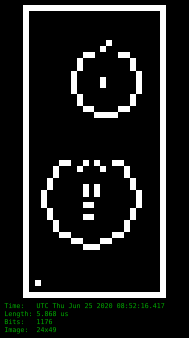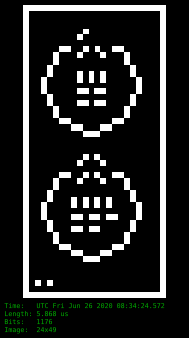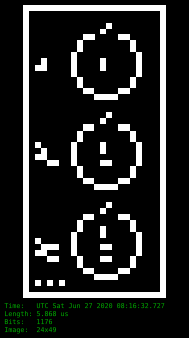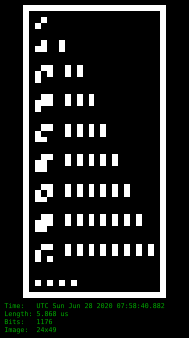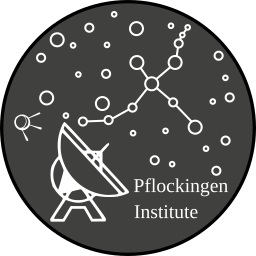Unnatural radio signals received from Cygnus constellation
During the research of exoplanet HD 190360 c as part of the EC1969 project our working group received a set of radio signals of unknown origin from the adjacent region of the sky. Preliminary review shows that it's probably not natural.
In order to avoid attracting excessive and premature attention to this phenomenon we were going to run a detailed analysis and then publish a scientific article. Unfortunately, we've got a leak and some materials became available on Internet. Given the above, there was no point in further access limitation to the materials, so we decided to publish all the records to prevent possible speculations.
We have been receiving signals for 15 days with a fixed period of 23:42:08.155 from 25 June 2020 to 9 July 2020.
The EFL radio telescope was configured to receive signals at 5.01 GHz. Original signals were scaled up approximately 107 times and converted to WAV format to make analyzing available for wide audience (files below).
We used Goertzel algorithm and identified FSK. The signal has two-level semantic, so it can be represented by a matrix and displayed graphically (images below).
All signal images (15) scaled up for viewing
Archive with all images, including not scaled monochrome ones
Beside two-level signal there is a complex noise on the recordings, however our working group wasn't able to identify its nature.
Updated Mon 13 July 2020 11:03 by Stephan Mazzei
Similar signals were reported to be received by Pegovka observatory. They have similar frequency characteristics, but different contents except for one signal, which is identical. Unfortunately, Pegovka working group doesn't share the original raw transmission data for all signals, therefore we cannot do a deeper analysis. In particular, we would like to know if Pegovka had received the same complex noise and if yes, how did they manage to clear it out. Also, we would like to know exact time when message 1 was received to compare it with the time we have, so get more info on this phenomenon.
Pegovka succeeded to involve scientists and engineers from all over the world into public discussion using modern Internet communication services. Inspired by this idea we decided to create chat server and regularly publish our collaboration results to this blog. We invite you there to share ideas on signals semantics.
Updated Mon 15 July 2020 11:53 by Stephan Mazzei
Community hypotheses about semantics of signals page added based on user submissions at our chat server.
